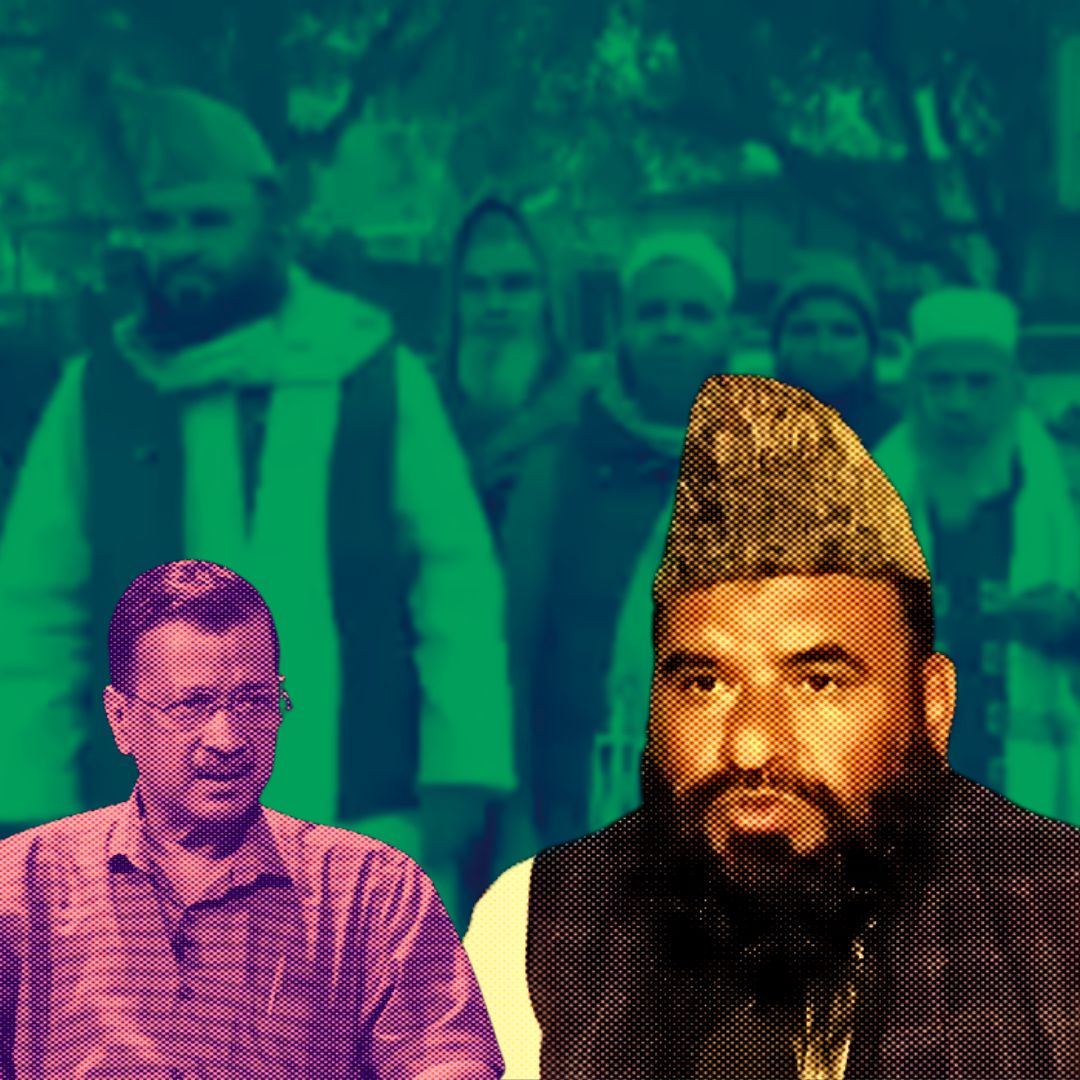Mohd Sajed Rashid, president of the All India Imam Association, is leading a protest against the Delhi Waqf Board for the alleged non-payment of salaries to approximately 240 imams and muezzins, which have been overdue for 17 months. The imams are demanding immediate action from the Delhi government, particularly from Chief Minister Arvind Kejriwal, to release their monthly salaries of ₹16,000 to ₹18,000 before the Model Code of Conduct (MCC) takes effect. Allegations of mismanagement within the Waqf Board are exacerbating the issue.
Imams Demand Payment Amid Protests
On December 27, 2024, a group of imams and muezzins gathered outside former Chief Minister Arvind Kejriwal’s residence to protest the alleged non-payment of their salaries. Many imams reported that they have not received their payments for over 17 months, with monthly salaries ranging from ₹16,000 to ₹18,000. The protest highlighted the financial distress faced by these religious leaders, who are struggling to support their families amidst ongoing payment delays. “It is a pity that our meager salary is not paid on time,” stated Maulana Sajed Rashid during the demonstration.
Background of Financial Mismanagement
The issue stems from allegations of mismanagement within the Delhi Waqf Board. Reports indicate that around 240 imams and muezzins are affected by these delays, with some claiming they have gone without pay for as long as 30 months. Despite substantial grants allocated to the Waqf Board by the Delhi government—over ₹100 crores in recent years—there have been allegations that these funds have not been managed effectively.
The board has been operating without a CEO since August 2023, creating additional bureaucratic hurdles that complicate salary disbursement. Previous attempts by imams to meet with Kejriwal and other officials have been largely unproductive, leading to growing frustration among those affected.
Political Ramifications and Calls for Action
The protests have raised questions regarding the accountability of the AAP government and its commitment to addressing the grievances of religious leaders. The demonstrators called for an independent audit of the Waqf Board’s financial practices and greater transparency in fund allocation. Rashid emphasized that their protest was not politically motivated but rather a demand for justice and accountability. Following the protest, Kejriwal’s team scheduled a meeting with Rashid and other representatives for December 30, 2024, offering a potential avenue for resolution.
The Logical Indian’s Perspective
The plight of imams highlights critical governance issues that must be addressed to ensure timely payment and support for public servants in religious institutions. As citizens, we must advocate for transparency and accountability in public funding management. How can we foster a more responsive government that prioritizes the needs of its citizens? We encourage our readers to engage in constructive dialogue about this issue and share their thoughts on how best to address these challenges.
VIDEO | Here's what All India Imam Association chief Mohd Sajed Rashid said on the scheduled meeting with AAP national convenor Arvind Kejriwal.
— Press Trust of India (@PTI_News) December 30, 2024
"Imams have not received their salaries for the past 17 months, so we are trying to convince the Delhi government to release this… pic.twitter.com/o9teehU4bH











